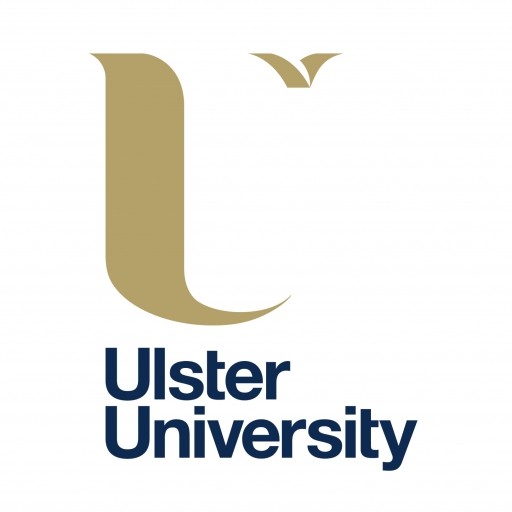Photos of university / #johnshopkinsu
Engineering education at Johns Hopkins began with the establishment on an engineering school in 1913. Throughout its history, the Whiting School has maintained close ties with the Krieger School of Arts and Sciences, which has led pioneering education and research since the Faculty of Philosophy was assembled in 1876. The Whiting School of Engineering provides its students with an education and research environment that fosters a lifetime ability to create and apply new knowledge and to contribute to their professions.
This concentration provides a broad yet rigorous background for environmental professionals. Using the departments areas of interest, study, and research as guides and in consultation with their advisors, M.S. students can construct their own concentration that complements and expands their interests and professional goals. Additionally, M.S. students can choose to follow or pull from the M.S.E. concentration tracks: Fate & Transport, Environmental Management and Economics, Environmental Process Engineering, and Water Resources Engineering.
- Engineering Microbiology
- Environmental Organic Chemistry
- Aquatic Chemistry
- Hazardous Waste Engineering and Management
Want to improve your English level for admission?
Prepare for the program requirements with English Online by the British Council.
- ✔️ Flexible study schedule
- ✔️ Experienced teachers
- ✔️ Certificate upon completion
📘 Recommended for students with an IELTS level of 6.0 or below.
The principal criteria for financial aid are academic credentials, language and communication skills, and teaching performance and experience. Financial need is generally not considered, except in the awarding of tuition waivers. For incoming students, the academic credentials evaluation is based on grades, recommendation letters, mathematical background, GRE scores, and TOEFL/IELTS scores. For continuing students, progress in the academic program (grades, requirements satisfied, and research progress) is considered also.









